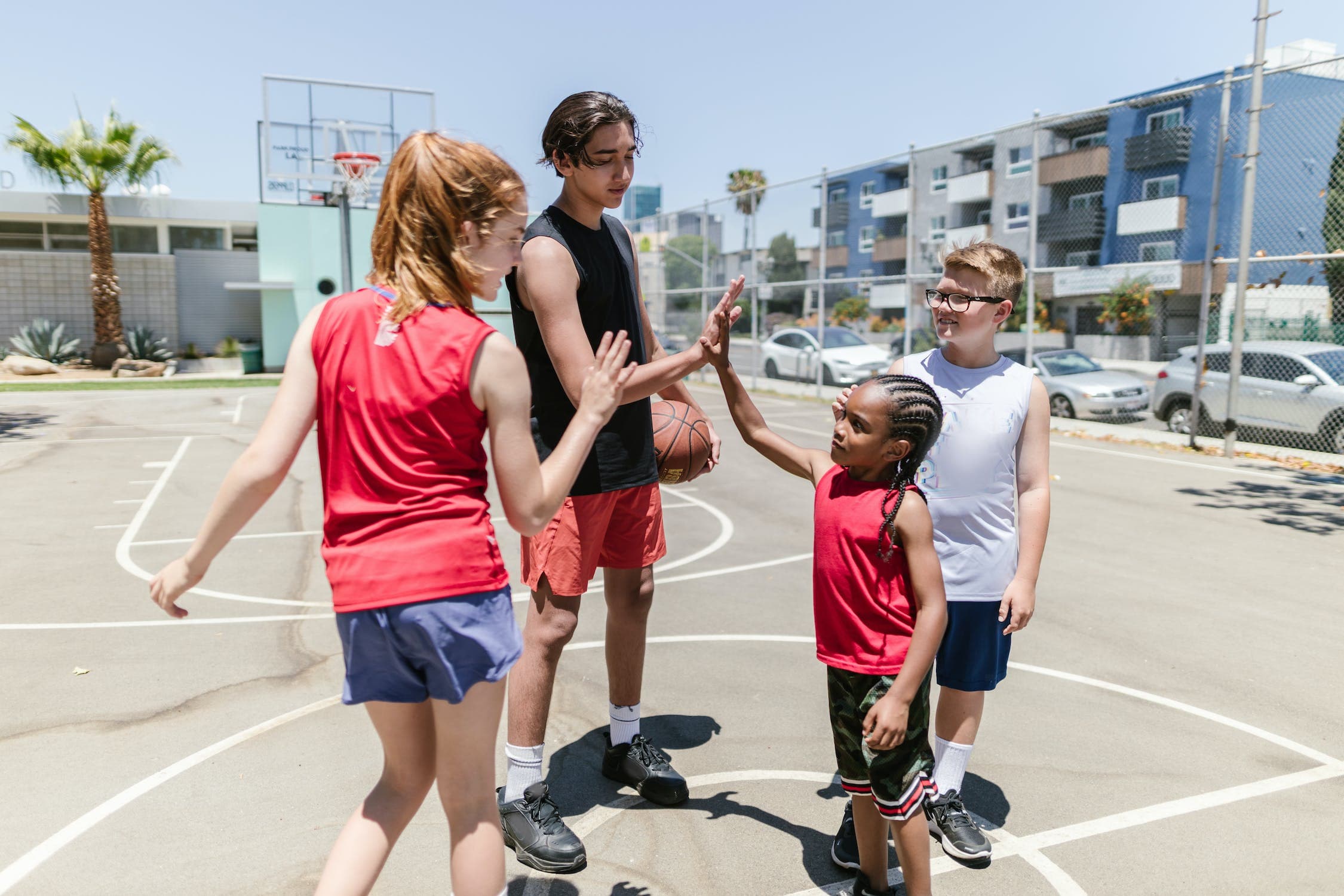Summer Camps provide a unique and immersive opportunity for young individuals to develop essential skills that go beyond the traditional classroom setting. In an era where leadership qualities are highly valued, summer camps can play a crucial role in shaping the future of our youth. Here’s how this experience can enrich your child’s skills and build their character.
Personal Development
Summer camp can teach kids practical skills such as effective communication, decision-making, and problem-solving. By engaging activities and workshops, campers learn to apply these skills in real-life scenarios. Throughout their experience, campers will often be pushed out of their comfort zones, taking on responsibilities and challenges; this process fosters confidence as they navigate unfamiliar situations and overcome obstacles.
Through the obstacles they overcome and activities they experience, campers gain insights into their strengths and areas of improvement; this self-awareness is fundamental for personal growth. Overcoming challenges and achieving goals at camp contributes to the development of self-confidence, as children succeed in various activities, they gain a belief in their abilities, which is crucial for assuming leadership roles both in and out of the camp setting.

Social Skills Enhancement
The importance of teamwork will be relevant through various camp activities, where they will learn to collaborate, communicate effectively, and appreciate diverse perspectives. Camp environment encourages the development of interpersonal skills, as campers forge connections with peers and mentors. This coexistence and responsibility often instills a sense of social responsibility, encouraging campers to contribute positively to their communities once they go back home.
Camps often provide a supportive environment for emotional expression and growth, helping children develop emotional intelligence. Counselors and older campers can serve as role models and mentors; interacting with positive role models helps children understand leadership qualities and behaviors, inspiring them to emulate these traits in their own lives.

Goal Setting and Overcoming Obstacles
For different camp challenges, kids will go through goal-setting exercises that will inspire them to foster resilience and problem-solving skills, strive for excellence and self-improvement. Some of these may include outdoor activities, team-building exercises and athletic activities, and they will often require campers to take on responsibilities, whether it's organizing a group task, leading a team, or making decisions collaboratively. Children learn to approach problems creatively, think critically, and find solutions.
Camp environments are dynamic and can change rapidly. Leaders need to be adaptable and resilient in the face of unforeseen circumstances. Through various camp activities, children learn to navigate change, bounce back from setbacks, and adapt to new situations.

Communication Skills
In a camp setting, children engage in various communication scenarios, such as leading group discussions, conveying ideas to peers, and expressing themselves confidently. These interactions enhance their verbal and non-verbal communication skills. Camp experiences encourage children to take initiative, whether it's proposing ideas for group projects, organizing activities, or actively participating in discussions. This sense of proactivity lays the groundwork for leadership by demonstrating an eagerness to contribute and make a positive impact.
Summer camps provide a rich and experiential environment that promotes the development of leadership skills in children. Through a combination of challenges, teamwork, communication, and personal growth opportunities, children emerge from summer camp with an enhanced sense of leadership and a foundation for future success.
